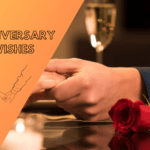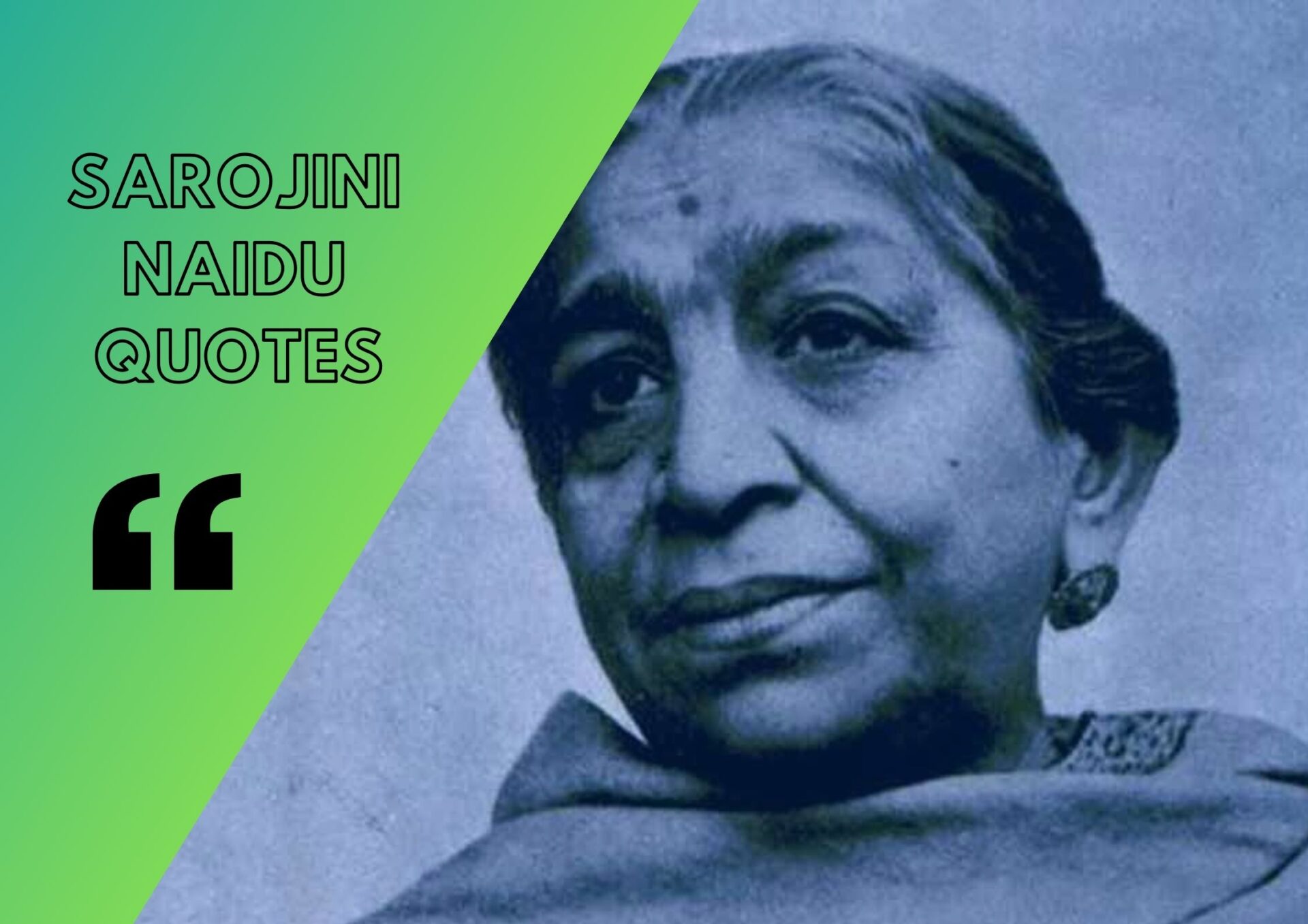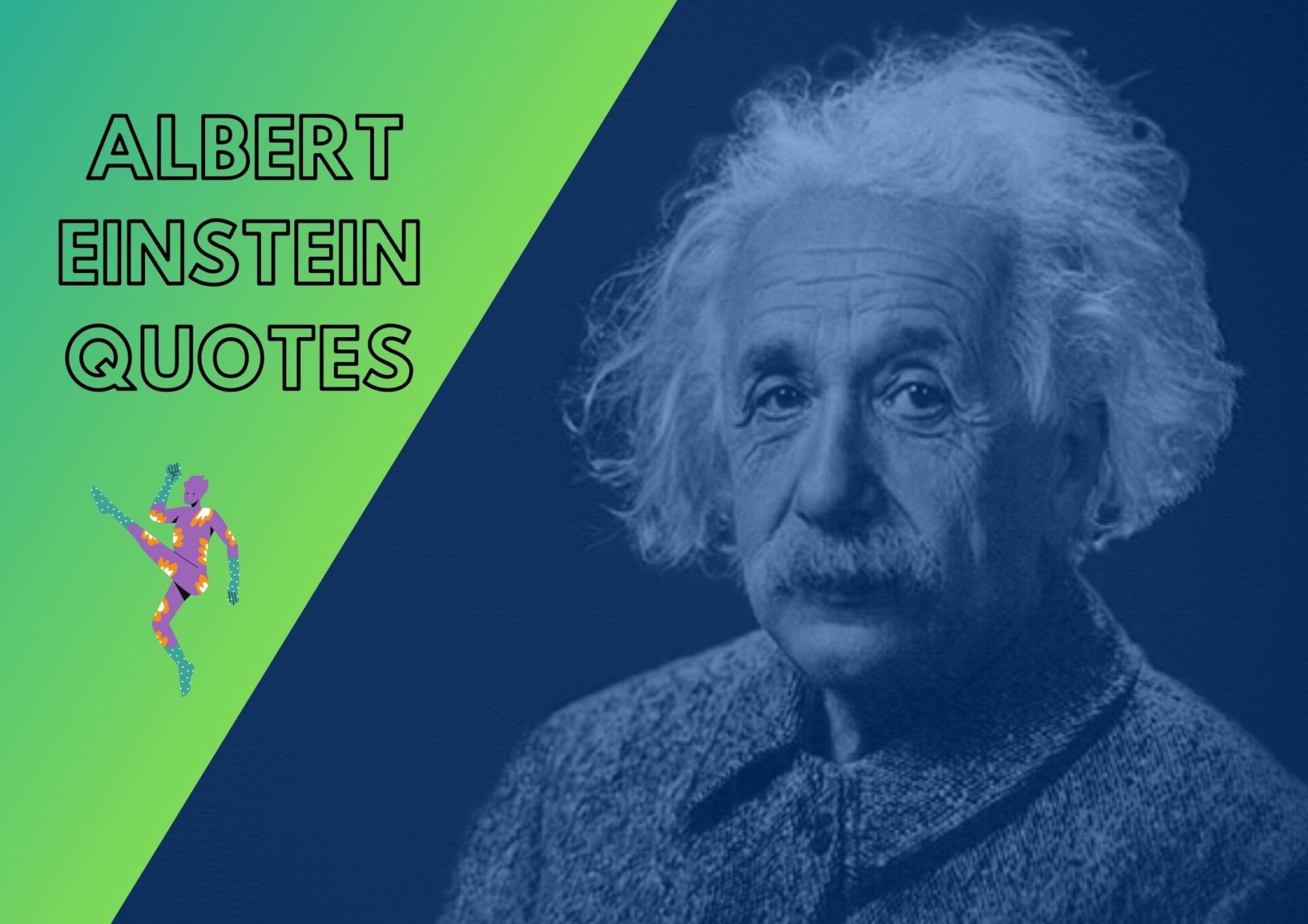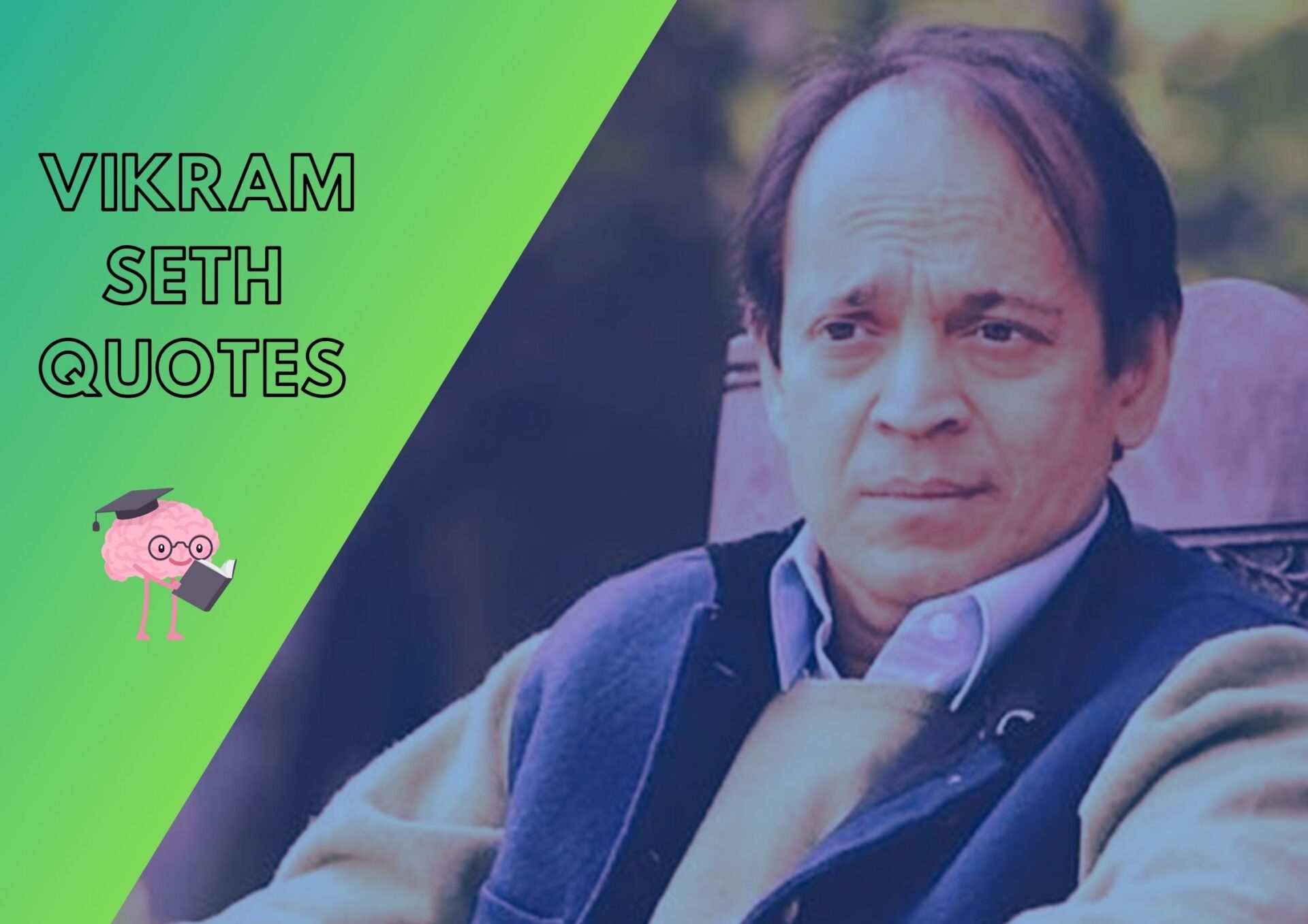“100+ Jeff Bezos Quotes” is a collection of insightful and visionary quotes from the pioneering entrepreneur and founder of Amazon, Jeff Bezos. With over a hundred quotes, this compilation offers profound insights into entrepreneurship, innovation, and the future of technology and commerce. Each quote reflects Bezos’ unique perspective on business, customer-centricity, and the relentless pursuit of excellence, making it a valuable resource for aspiring entrepreneurs and business leaders. Whether you’re in the world of e-commerce or simply seek inspiration from a transformative thinker, this anthology provides a compelling journey through Jeff Bezos’ words and his impact on the business world.
Jeff Bezos Quotes
“If we can keep our competitors focused on us while we stay focused on the customer, ultimately we’ll turn out all right.”
“If you’re not stubborn, you’ll give up on experiments too soon. And if you’re not flexible, you’ll pound your head against the wall and you won’t see a different solution to a problem you’re trying to solve.”
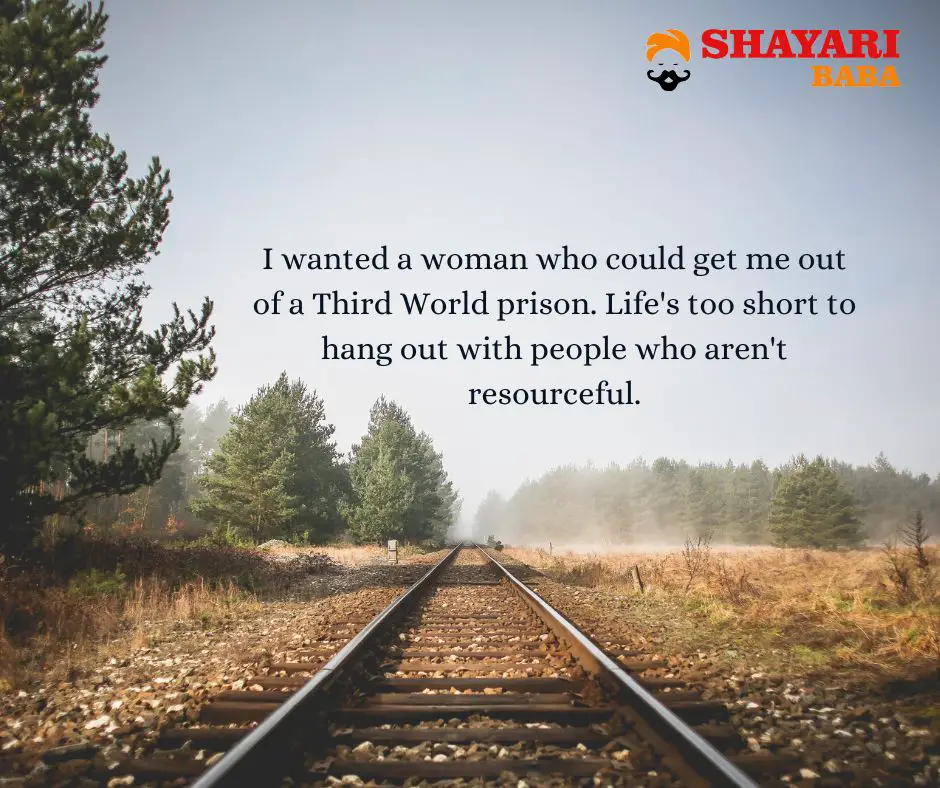
“E-mail has some magical ability to turn off the politeness gene in a human being.”
“I wanted a woman who could get me out of a Third World prison. Life’s too short to hang out with people who aren’t resourceful.”
“We are stubborn on vision. We are flexible on details….”
“People who are right most of the time are people who change their minds often.”
“Invention is by its very nature disruptive. If you want to be understood at all times, then don’t do anything new.”
“A brand for a company is like a reputation for a person. You earn reputation by trying to do hard things well.”
“We can’t be in survival mode. We have to be in growth mode.”
“Work Hard, have fun, make history”
“If you never want to be criticized, for goodness’ sake don’t do anything new.”
“We see our customers as invited guests to a party, and we are the hosts. It’s our job every day to make every important aspect of the customer experience a little bit better.”
“The great thing about fact-based decisions is that they overrule the hierarchy.”
“In the old world, you devoted 30% of your time to building a great service and 70% of your time to shouting about it. In the new world, that inverts.”
“Your margin is my opportunity”
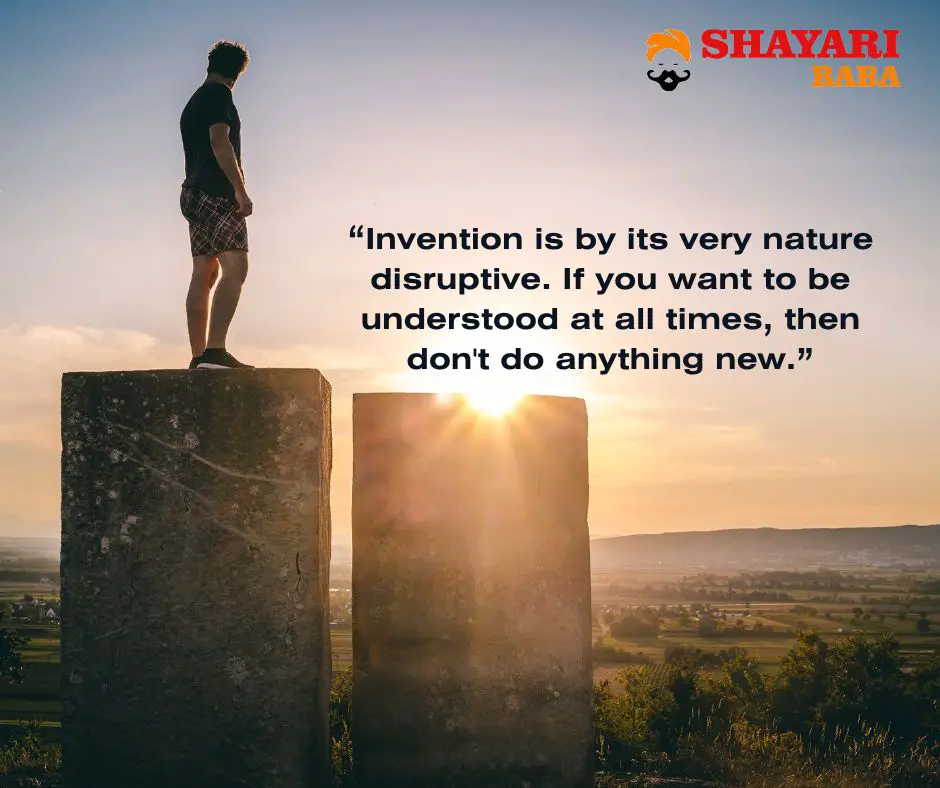
“The death knell for any enterprise is to glorify the past — no matter how good it was.”
“I wanted to project myself forward to age 80 and say, ‘OK, I’m looking back on my life. I want to minimise the number of regrets I have.’ And I knew that when I was 80, I was not going to regret having tried this. I was not going to regret trying to participate in this thing called the Internet that I thought was going to be a really big deal. I knew that if I failed, I wouldn’t regret that. But I knew the one thing I might regret is not ever having tried. I knew that that would haunt me every day.”
“Maintain a firm grasp of the obvious at all times.”
“It’s not an experiment if you know it’s going to work.”
“When you receive criticism from well-meaning people, it pays to ask, ‘Are they right?’ And if they are, you need to adapt what they’re doing. If they’re not right, if you really have conviction that they’re not right, you need to have that long-term willingness to be misunderstood. It’s a key part of invention.”
“If you decide that you’re going to do only the things you know are going to work, you’re going to leave a lot of opportunity on the table.”
“Start With the Customer and Work Backward”
“Cultures aren’t so much planned as they evolve from that early set of people.”
“People who love all fields of knowledge are the ones who can best spot the patterns that exist across nature.”
“One of the things that I hope will distinguish Amazon.com is that we continue to be a company that defies easy analogy. This requires a lot of innovation, and innovation requires a lot of random walk.”.
“If everything you do needs to work on a three-year time horizon, then you’re competing against a lot of people. But if you’re willing to invest on a seven-year time horizon, you’re now competing against a fraction of those people… Just by lengthening the time horizon, you can engage in endeavors that you could never otherwise pursue”
“No business can continue to shrink. That can only go on for so long before irrelevancy sets in.”
“Your brand is what other people say about you when you’re not in the room.”
“Entrepreneurs must be willing to be misunderstood for long periods of time.”
I knew that if I failed I wouldn’t regret that, but I knew the one thing I might regret is not trying.
Your brand is what other people say about you when you’re not in the room.
If you double the number of experiments you do per year, you’re going to double your inventiveness.
We see our customers as invited guests to a party, and we are the hosts. It’s our job every day to make every important aspect of the customer experience a little bit better.
A brand for a company is like a reputation for a person. You earn reputation by trying to do hard things well.
What’s dangerous is not to evolve.
You have to be willing to be misunderstood if you’re going to innovate.
In the end, we are our choices. Build yourself a great story.
The best customer service is if the customer doesn’t need to call you, doesn’t need to talk to you. It just works.
You can have the best technology, you can have the best business model, but if the storytelling isn’t amazing, it won’t matter.
Work hard, have fun, and make history.
We can’t be in survival mode. We have to be in growth mode.
If you’re not stubborn, you’ll give up on experiments too soon. And if you’re not flexible, you’ll pound your head against the wall and you won’t see a different solution to a problem you’re trying to solve.
I strongly believe that missionaries make better products. They care more. For a missionary, it’s not just about the business. There has to be a business, and the business has to make sense, but that’s not why you do it. You do it because you have something meaningful that motivates you.
The common question that gets asked in business is, ‘why?’ That’s a good question, but an equally valid question is, ‘why not?’
If you’re competitor-focused, you have to wait until there is a competitor doing something. Being customer-focused allows you to be more pioneering.
You don’t want to negotiate the price of simple things you buy every day.
One of the huge mistakes people make is that they try to force an interest on themselves. You don’t choose your passions; your passions choose you.
If you’re not stubborn, you’ll give up on experiments too soon. And if you’re not flexible, you’ll pound your head against the wall and you won’t see a different solution to a problem you’re trying to solve.
The human brain is an incredible pattern-matching machine.
We innovate by starting with the customer and working backward. That becomes the touchstone for how we invent.
Life’s too short to hang out with people who aren’t resourceful.
If you can’t feed a team with two pizzas, it’s too large.
You want your customers to value your service.
I think frugality drives innovation, just like other constraints do. One of the only ways to get out of a tight box is to invent your way out.
I believe you have to be willing to be misunderstood if you’re going to innovate.
Our culture is friendly and intense, but if push comes to shove, we’ll settle for intense.
The great thing about fact-based decisions is that they overrule the hierarchy.
Cleverness is a gift, kindness is a choice.
The killer app that got the world ready for appliances was the light bulb. So the light bulb is what wired the world. And they weren’t thinking about appliances when they wired the world. They were really thinking about – they weren’t putting electricity into the home. They were putting lighting into the home.
I don’t want to use my creative energy on somebody else’s user interface.
If you’re competitor-focused, you have to wait until there is a competitor doing something. Being customer-focused allows you to be more pioneering.
We are stubborn on vision. We are flexible on details.
In the old world, you devoted 30% of your time to building a great service and 70% of your time to shouting about it. In the new world, that inverts.
I strongly believe that missionaries make better products. They care more. For a missionary, it’s not just about the business. There has to be a business, and the business has to make sense, but that’s not why you do it. You do it because you have something meaningful that motivates you.
The common question that gets asked in business is, ‘why?’ That’s a good question, but an equally valid question is, ‘why not?’
If you’re not stubborn, you’ll give up on experiments too soon. And if you’re not flexible, you’ll pound your head against the wall and you won’t see a different solution to a problem you’re trying to solve.
There’ll always be serendipity involved in discovery.
Invention requires a long-term willingness to be misunderstood. You do something that you genuinely believe in, that you have conviction about, but for a long period of time, well-meaning people may criticize that effort, and when you receive criticism from well-meaning people, it pays to say, ‘Is he right? Does he have a point?’
If you double the number of experiments you do per year, you’re going to double your inventiveness.
A company shouldn’t get addicted to being shiny, because shiny doesn’t last.
If you’re competitor-focused, you have to wait until there is a competitor doing something. Being customer-focused allows you to be more pioneering.
One of the only ways to get out of a tight box is to invent your way out.
You can’t just ask customers what they want and then try to give that to them. By the time you get it built, they’ll want something new.
The best customer service is if the customer doesn’t need to call you, doesn’t need to talk to you. It just works.
Our success at Amazon is a function of how many experiments we do per year, per month, per week, per day.
The balance of power is shifting toward consumers and away from companies… The right way to respond to this if you are a company is to put the vast majority of your energy, attention, and dollars into building a great product or service and put a smaller amount into shouting about it, marketing it.
We see our customers as invited guests to a party, and we are the hosts. It’s our job every day to make every important aspect of the customer experience a little bit better.
If you make customers unhappy in the physical world, they might each tell six friends. If you make customers unhappy on the Internet, they can each tell 6,000 friends.







